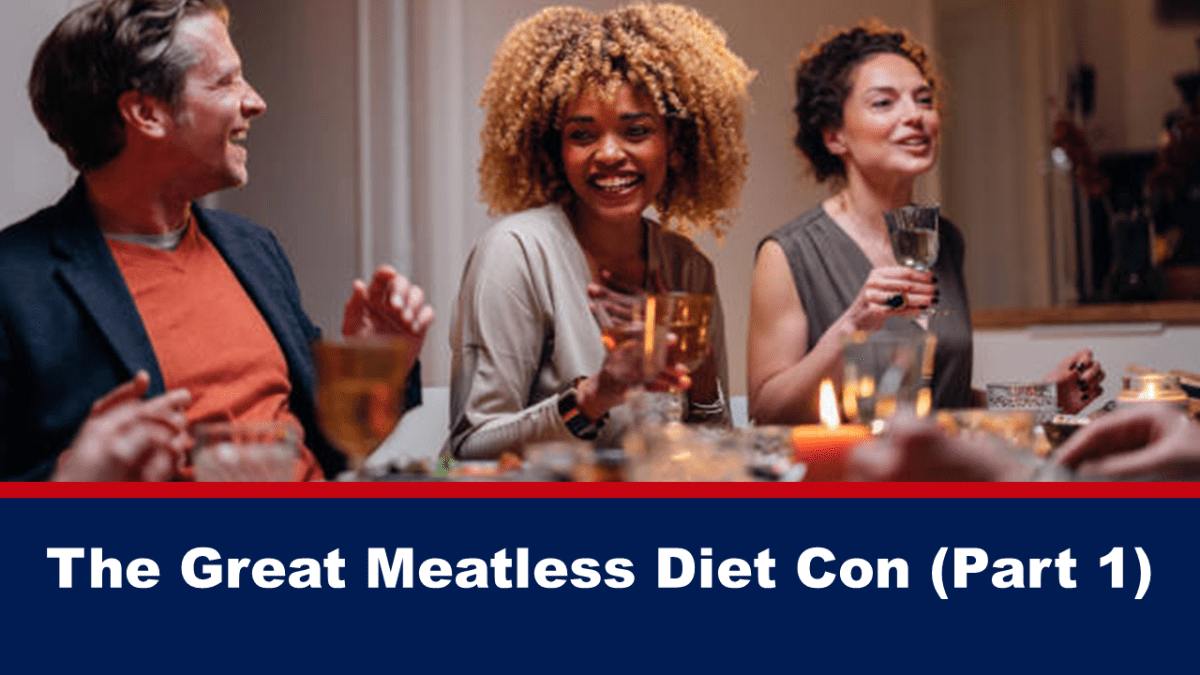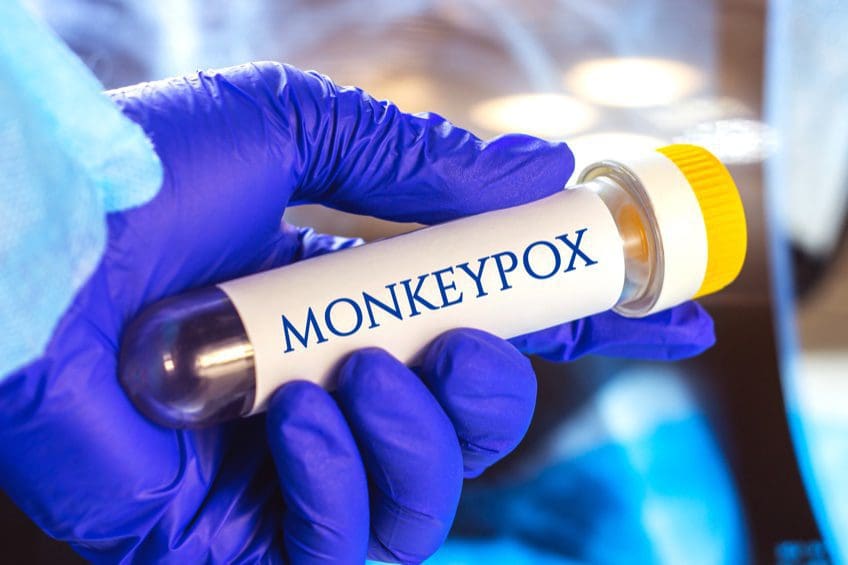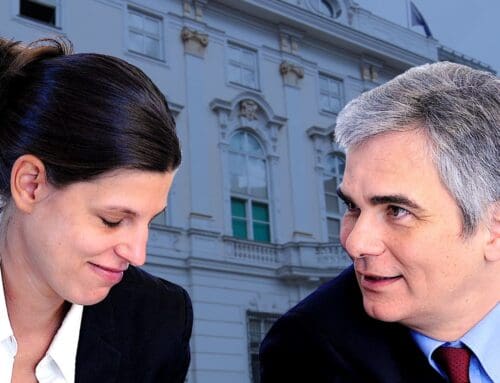

Part 1: The Deception of the Meatless Diet
Introduction
The meatless diet has been gaining popularity in recent years, with many people choosing to adopt a vegetarian or vegan lifestyle for health, ethical, or environmental reasons. However, a recent article by Nina Teicholz in The Wall Street Journal argues that the meatless diet may not be as healthy or sustainable as it seems. Teicholz claims that the science behind the meatless diet is flawed and that it may actually be harmful to our health and the environment.
The Flaws in the Science
Teicholz argues that the science behind the meatless diet is based on flawed studies and biased research. She points out that many of the studies that promote the health benefits of a vegetarian or vegan diet are observational studies, which can only show correlation, not causation. In addition, many of these studies are funded by vegetarian or vegan advocacy groups, which may have a vested interest in promoting their agenda.
Teicholz also argues that the meatless diet is based on a flawed understanding of nutrition. She points out that many of the nutrients that are essential for human health, such as vitamin B12, iron, and omega-3 fatty acids, are only found in animal products. While it is possible to get these nutrients from plant-based sources, it is much more difficult and may require supplements or fortified foods.
The Health Risks of a Meatless Diet
Teicholz argues that the meatless diet may actually be harmful to our health. She points out that many vegetarians and vegans suffer from nutrient deficiencies, which can lead to a variety of health problems, including anemia, osteoporosis, and neurological disorders. In addition, she argues that the high levels of carbohydrates and processed foods that are often consumed on a meatless diet can lead to weight gain, insulin resistance, and other health problems.
Teicholz also points out that the meatless diet may not be sustainable in the long term. She argues that the high levels of carbohydrates and processed foods that are often consumed on a meatless diet can lead to soil depletion, water pollution, and other environmental problems. In addition, she argues that the large-scale production of plant-based foods may require more land, water, and energy than the production of animal products.
Conclusion
In conclusion, Teicholz’s article raises some important questions about the meatless diet and its impact on our health and the environment. While there is no doubt that reducing our consumption of animal products can have health and environmental benefits, it is important to consider the potential risks and drawbacks of a meatless diet. As with any dietary choice, it is important to do your own research and consult with a healthcare professional before making any major changes to your diet
Original article Teaser
The Great Meatless Diet Con (Part 1)
Breaking News “Terrible things happen when you lack the moral courage to refuse a steak,” they say. “Meatless diets will be good for humans and the planet.” It takes decades of engineered narratives to get to this level of mindf*ckery, Jan Wellman writes. It takes a century’s worth of psyops to swallow the anti-meat narrative as if it was a series of scientific arguments. Unfortunately, it’s not the first time we’ve been taken for a ride. Jan Wellman has written an essay that considers six arguments given by those who push the anti-meat agenda. These are reasons which are commonly used to justify their narrative and demonise meat forming part of the human diet. He debunks them all. The reasons
Details to The Great Meatless Diet Con (Part 1)








